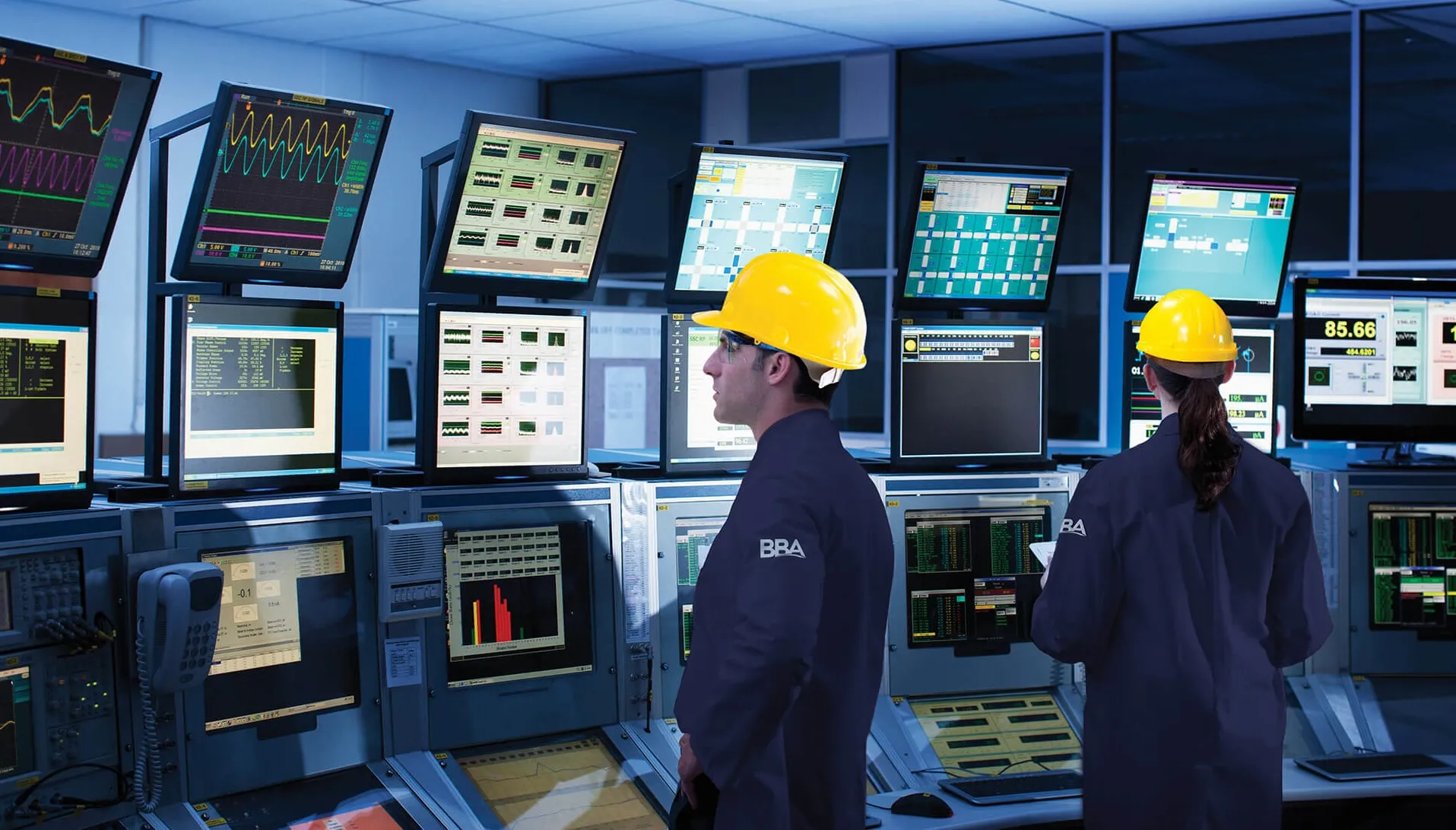Loading
Loading
Instrumentation & Electrical Engineering (IEE) is a specialized and multidisciplinary field that focuses on the measurement, control, and automation of electrical and physical systems. It combines the core principles of electrical engineering with instrumentation technologies used for monitoring variables such as pressure, temperature, flow, and voltage in industrial and manufacturing settings.
Studying IEE abroad allows students to gain a deep understanding of smart sensors, control systems, electrical machines, power systems, and automation technologies. The program prepares graduates to design and maintain systems that ensure safe, efficient, and optimized operation of complex electrical and industrial processes—crucial in industries like oil & gas, power generation, pharmaceuticals, robotics, and manufacturing.

A degree in Instrumentation and Electrical Engineering abroad typically spans 3 to 4 years and offers an integrated curriculum that builds expertise in both electrical systems and instrumentation techniques. Students learn how to apply principles of electronics, signal processing, and embedded systems to monitor and control real-world systems in sectors such as energy, automation, chemical processing, and aerospace.
International programs are designed to meet global engineering standards and often include practical labs, simulation-based training, internships, and collaborative industry projects. The course structure progresses from fundamentals of electrical circuits and sensors to advanced topics like PLC programming, control theory, process instrumentation, and industrial automation.
Graduates from this field are equipped with both theoretical knowledge and hands-on skills, making them highly employable in global industries where precision, safety, and automation are key. The degree also acts as a strong foundation for further specialization in control systems, robotics, industrial AI, or smart grid technologies.
The IEE curriculum is designed to provide a balanced understanding of electrical systems and the instrumentation used to measure and control them. The program structure typically includes:
Year 1: Basics of electrical circuits, engineering mathematics, physics, introduction to sensors and measurements
Year 2: Electrical machines, analog/digital electronics, control systems, transducers, instrumentation fundamentals
Year 3: PLC & SCADA systems, industrial automation, signal conditioning, embedded systems, power systems
Year 4 (if applicable): Advanced process control, capstone design project, internships, electives
The curriculum is updated regularly to reflect emerging technologies like smart sensors, IoT in automation, and sustainable electrical systems.
Electrical Circuits and Machines
Transducers and Sensors
Measurement Techniques
Control Systems
Signal Processing
Industrial Instrumentation
Embedded Systems
Programmable Logic Controllers (PLCs)
SCADA & DCS (Supervisory Control and Data Acquisition)
Power Systems and Distribution
Process Control and Automation
Electrical Safety and Standards
Several countries offer excellent programs in Instrumentation and Electrical Engineering, each with institutions known for strong research, innovation, and ties to industry.
The United States offers world-leading programs in universities like MIT, Purdue University, Georgia Tech, and University of Michigan, where students benefit from access to top-tier research in automation, smart grids, and industrial systems. These programs are often ABET-accredited and linked with tech hubs and major manufacturers.
In Canada, institutions such as the University of Toronto, McMaster University, University of Waterloo, and University of Alberta offer highly practical programs with co-op options and direct links to power utilities and automation companies.
Germany is known for its precision engineering and strong industrial backbone. Universities like RWTH Aachen, TU Munich, and Karlsruhe Institute of Technology (KIT) provide tuition-free or low-cost education with strong lab training in control systems, process engineering, and electrical infrastructure.
In the United Kingdom, schools such as Imperial College London, University of Manchester, and University of Strathclyde have programs focused on instrumentation in aerospace, energy, and healthcare systems. UK institutions are known for combining theory with applied learning and provide a path to chartered engineering status (CEng).
Australia is home to universities like UNSW Sydney, University of Melbourne, and RMIT University, which offer degrees in electrical and instrumentation engineering with a strong focus on sustainability, industrial automation, and smart energy solutions. Australia’s favorable work visa policies also support long-term career development.
The Netherlands, Sweden, and Singapore also offer strong technical universities that provide English-taught programs in instrumentation and electrical systems, often focusing on industrial digitization, renewable integration, and cyber-physical systems.
At Exter Education, we are more than just an institute — we are a launchpad for future leaders, thinkers, and doers. Whether you’re looking to upgrade your career, master a new skill, or explore your passion, we’re here to guide your journey.
Got Questions? Call us
Enter your email and we’ll send you
more information